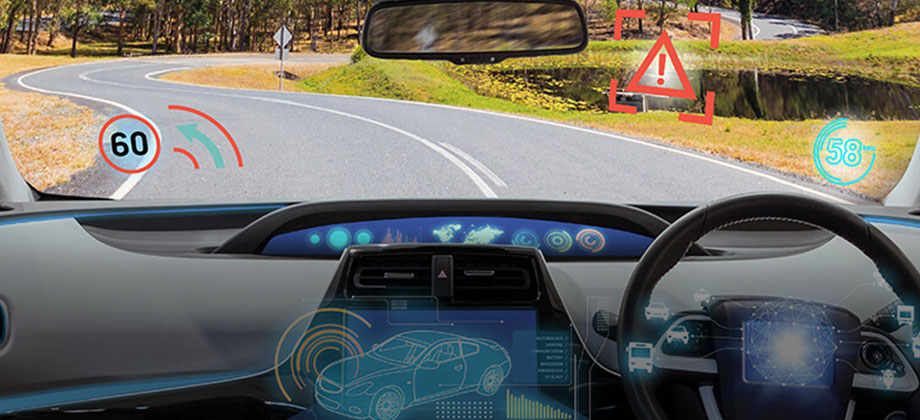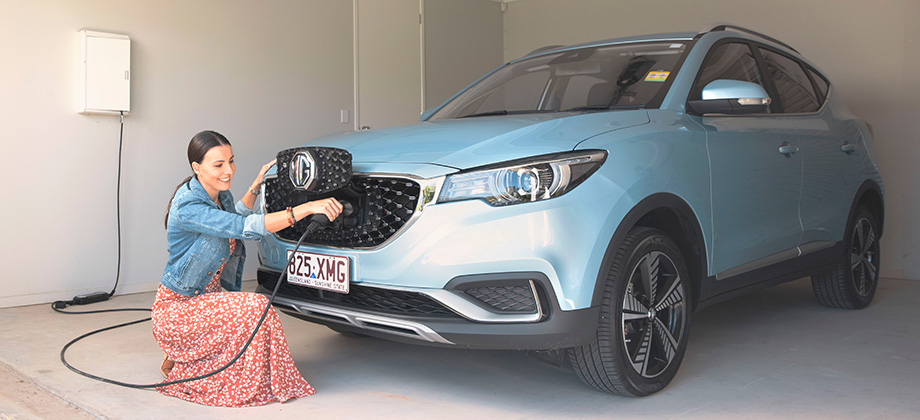How is RACQ preparing for the future of transport?
The most significant disruption of the road transport system in the 20th century was the automobile, where previously, people and industry had relied on horse drawn vehicles.
Today we are seeing a second major disruption in transport being driven by:
- Vehicle safety and automated technologies.
- Intelligent transport systems and data analytics.
- Low emission vehicle technologies.
- Customer-centric service models.
RACQ is working in advocacy, research, and development to inform and trial new technologies and services for members. Examples include:
- Electric vehicle charging to provide destination chargers in partnership with the government, and ultra-rapid chargers in partnership with Chargefox
- Automated vehicle public transport trials on Karragarra Island, and contributing to regulatory reform to ensure the safe operation of connected and automated vehicles
- Contributing to government discussions on new public transport service models including Demand Responsive Transport, E-scooters and Mobility as a Service (MaaS)
- Testing vehicle and safety technology under real-world, Australian driving conditions at the RACQ Mobility Centre of Excellence
RACQ Autonomous Smart Shuttle
The RACQ Smart Shuttle will operate a series of trials over five years to explore the potential for autonomous vehicles to address various transport issues, including transport disadvantage. The trials will also expand understanding about the safety of autonomous vehicles, their suitability to Queensland driving conditions and how they interact with other road users.
RACQ Mobility Centre of Excellence
The RACQ Mobility Centre of Excellence currently offers premium real-world driver facilities and will also be developed into a world class facility for research, innovation, driver training and testing of connected and autonomous technologies – the first of its kind in Queensland.
RACQ WELCOMES FEDERAL GOVERNMENT’S ELECTRIC VEHICLE SPEECH AT TODAY’S NATIONAL SUMMIT
Updated 19 August 2022
RACQ has welcomed more details today about the Federal Government’s policy plans to increase the uptake of electric vehicles in Australia.
In particular, we believe a fuel efficiency/CO2 standard is the most efficient way of bringing cleaner cars into the market but it needs to be introduced in a balanced, measured way with the needs and challenges of the Queensland motorist front of mind.
The lack of a standard is hampering the supply of low emission vehicles in Australia but it must be supported by measures that seek to:
- Increase consumers’ knowledge and understanding of low emission vehicles.
- Supply the infrastructure necessary to operate increasing numbers of EVs on our roads such as a comprehensive network of recharging sites.
- Ensure new residential buildings accommodate recharging infrastructure to meet future needs.
We support the Government’s intention to design this policy as a measure to address cost of living pressures as well as CO2 emissions with the current pressures at the petrol pump fresh in our members’ minds.
RACQ also welcomes measures that support critical mineral and battery industries in Australia.
Finally, RACQ is encouraged by Minister Bowen’s comments that he is seeking genuine consultation.
This is important, because as a member-based motoring organisation, we want to represent the views of Queensland motorists in the consideration and design of any standard that materially transforms the motor vehicle market in Australia.
Additionally, just as the Minister says EVs have been demonised over the past decade, we do not want to see people who have been priced out of the EV market unfairly penalised. The transition to low emission vehicles needs to be fair and just for all Queenslanders.
We look forward to working with the Government on the development of Australia’s first EV Strategy.

